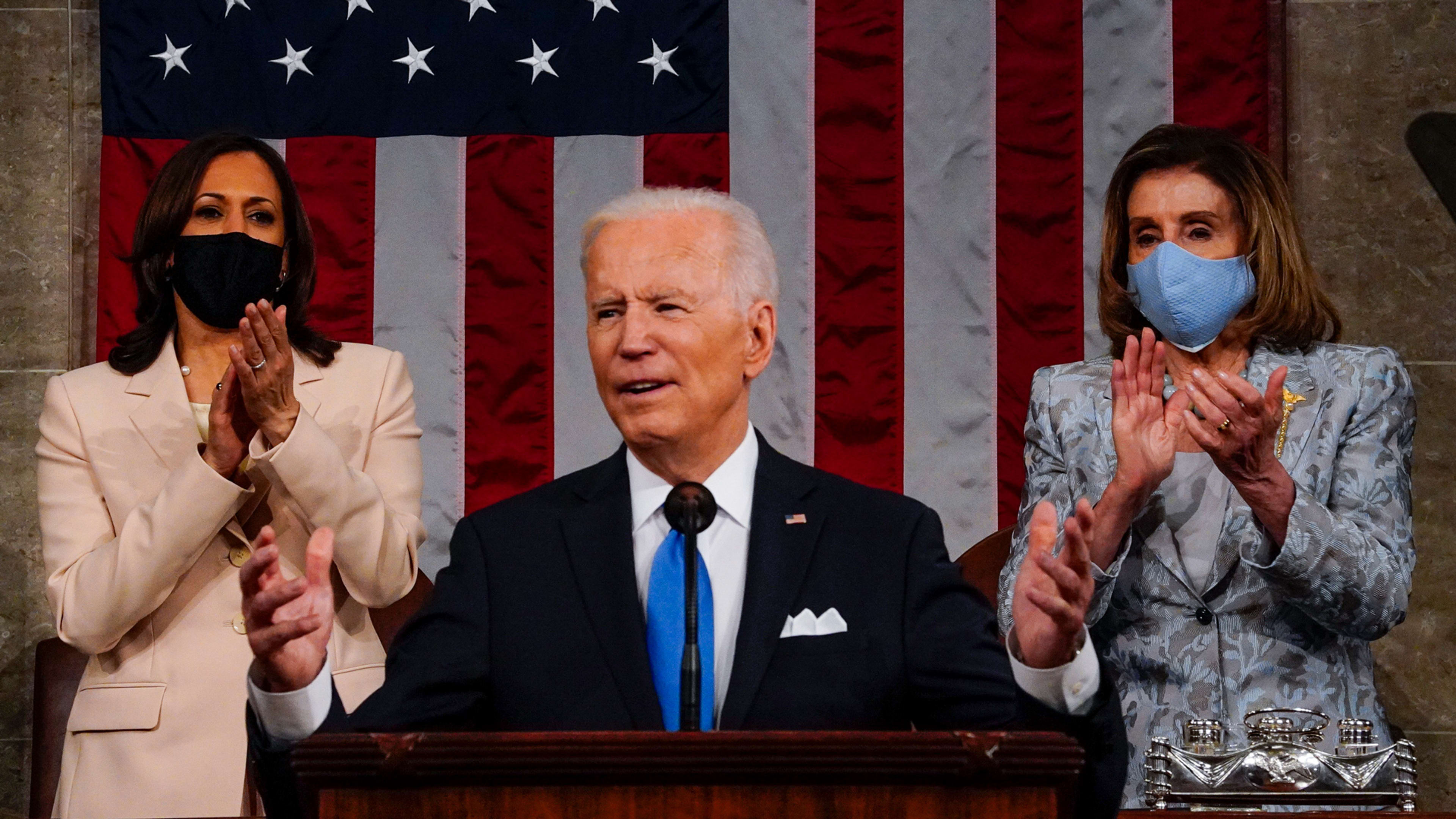With the Democrats in control of the White House and Congress, all eyes are fixed on how the new Biden administration will impact the world—and the world of work. So far, the new executive orders have focused on issues such as immigration reform, the COVID-19 response, and climate change. Soon, there will be new regulations and more federal government oversight into processes for hiring and talent management.
Here are three changes to expect from the Biden administration and how they will impact employment practices in 2021 and beyond.
More oversight of background check practices
One of the Biden presidency’s early agency appointments was a new head of the Consumer Financial Protection Bureau (CFPB), which acts as a financial industry watchdog and protector of consumer rights. The move is meaningful for employers and job candidates because the CFPB also enforces the Fair Credit Reporting Act (FCRA)—the law governing how employers and background screeners conduct background checks and drug screening.
Under the FCRA, employers must satisfy requirements such as providing applicants with proper disclosures and obtaining their authorization before conducting background checks. The FCRA also requires using the most up-to-date and accurate background information when conducting background checks. To meet this requirement, employers must work with a background check provider who follows best practices for obtaining and verifying background information. Cutting corners in this area for the sake of speed or cost puts employers at risk not only of FCRA violations but of costly lawsuits as well. Over the last decade, employers and background screening companies have shelled out more than $325 million to settle litigation related to background check violations.
There are strong signals that the Biden administration seeks to revive the regulatory power of the CFPB, which would bring more government oversight of hiring processes and enforcement of FCRA background check rules. As a matter of comparison, the CFPB issued fines totaling $6 billion during the most active year under Obama, compared to only $783 million in its most active year during the Trump administration.
As the CFPB steps up enforcement and issues fines more akin to the Obama era, employers will need to take a fresh look at existing hiring practices and be more vigilant in avoiding background check missteps and FCRA violations.
Expanded marijuana legalization
When voters went to the polls to choose the next U.S. President, they also voted to legalize marijuana across many states. On Election Day, voters in states such as South Dakota, Montana, and Arizona made recreational marijuana legal. Even more recently, in 2021, New Jersey and New York also legalized recreational use.
There’s a strong chance that the federal government will follow the lead of more than 30 states in legalizing or decriminalizing marijuana. In December 2020, the House of Representatives passed legislation to decriminalize marijuana at the federal level. If it becomes federal law, employers who conduct drug screening of candidates and employees will need to revisit their policies.
Although a federal law legalizing marijuana won’t preclude employers from banning the substance in the workplace, it will prompt employers to reconsider whether it makes sense to include marijuana in employment drug testing. Federal law will also likely open new doors to marijuana-related employee rights violations and the actions employers can take if candidates or employees test positive for the drug.
More candidate- and employee-friendly legislation
Laws to bring more equity into hiring and employment practices is nothing new, but the Biden administration is likely to build upon existing legislation and increase enforcement by agencies such as the Department of Labor and the Equal Employment Opportunity Commission (EEOC). As reported by the Society of Human Resources Management (SHRM), the new administration has already indicated “support for a host of new legislation regarding pay equity, LGBTQ rights and religious exemptions, accommodations for pregnant workers, and updates to age-discrimination provisions.” Laws to protect healthcare coverage for transgender people, which would rival those recently passed in Alabama and Arkansas, could also be on the table.
Under the Biden administration, employers will need to step up efforts to maintain compliance with new and existing employment laws. By partnering with a knowledgeable and compliance-minded background screening company, employers will be better prepared to stay in compliance with the following laws:
- “Ban the box” laws governing when in the hiring process employers can ask candidates about their criminal history
- Salary history bans and credit history check restrictions, which seek to improve hiring equity for women and underrepresented minorities
- Paid family leave requirements
Although it won’t happen overnight, greater regulatory oversight and enforcement are coming. Employers that want to be ready for the changes ushered in by the new administration will need to prepare now to maintain compliance with new and changing legislation and continue to run an efficient and equitable hiring process.
Kevin Neudecker is vice president of Quality and Compliance with Corporate Screening and is Fair Credit Reporting Act (FCRA) Advanced Certified by the Professional Background Screening Association (PBSA).
Recognize your brand’s excellence by applying to this year’s Brands That Matter Awards before the early-rate deadline, May 3.
